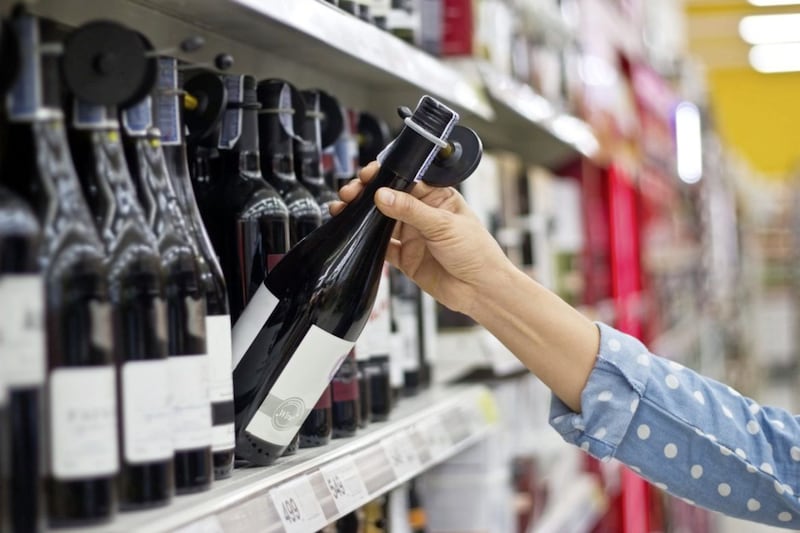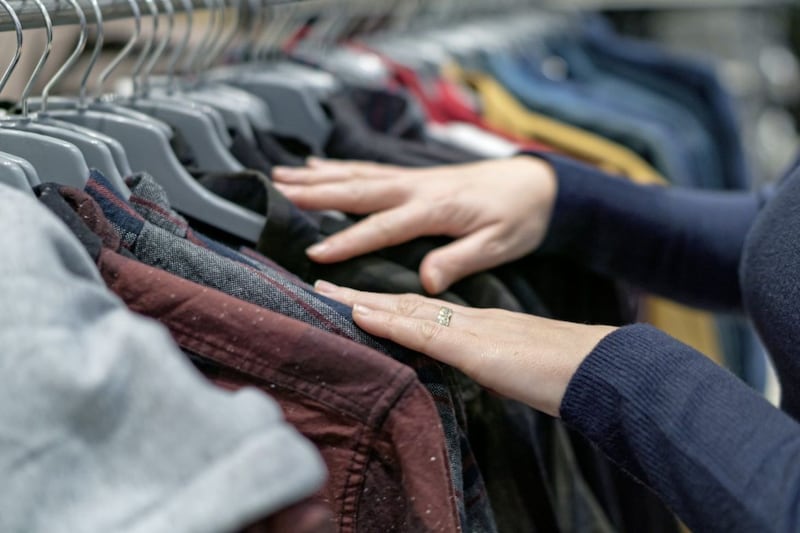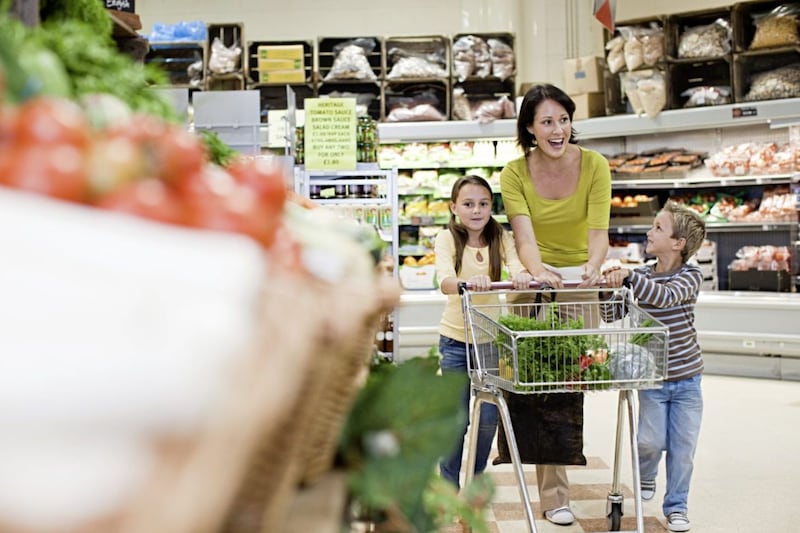Shoppers in the north were wooed by pancakes, not partners, during February.
Figures from Kantar show that consumers forked out an additional £1.6 million for Valentine’s Day on gifting chocolates.
But the extra spend on flour, eggs and chocolate spread to mark Pancake Tuesday amounted to £2 million more than the year before.
For a third month in a row, a record breaking £4.2 billion ran through the tills in the year to February 18 in Northern Ireland, where retail sales were up 12.2%, as the average household spent £5,591 - an increase of £596 on 2023.
Take-home grocery sales grew, with shoppers visiting stores more often, making on average eight additional trips compared to the previous year (even though the number of packs purchased continues to fall year-on-year by 0.7%).
Grocery inflation stood at 12.8% for February according to Kantar, the fifth consecutive month levels have fallen, and down to a level last seen in April 2023.
Retailers continued to put an emphasis on own-label lines and promotions to attract shoppers. Nearly 22% of sales were made through a promotional offer (a level this high has not been seen since November 2020).
Own-label remains popular, growing by 15.4% year-on-year, with shoppers spending an additional £247m on these lines versus last year. Brands grew slightly behind the market at 10.4% year-on-year and hold 54.1% value market share.
By retailer, the general league table remains unchanged, with the market share as follows:
- Tesco (34.9% share) welcomed more frequent trips, which contributed an additional £116m to its overall performance.
- Sainsbury’s (16.8% share) welcomed more frequent trips which contributed an extra £119.1m over the period.
- Asda (16% share) saw a boost in frequency which contributed an additional £42.5m overall.
- Lidl (9.1% share) was the only retailer to welcome new shoppers in store alongside more frequent trips, contributing an extra £27.3m.
- Other multiples (8.3% share), symbol stores (6.8%) and “others” (8%) make up the remainder of the north’s market share over the period.







